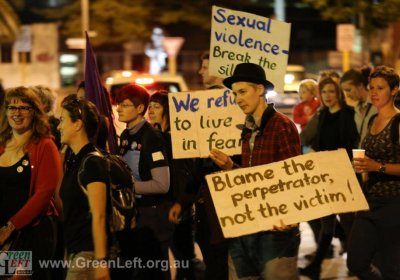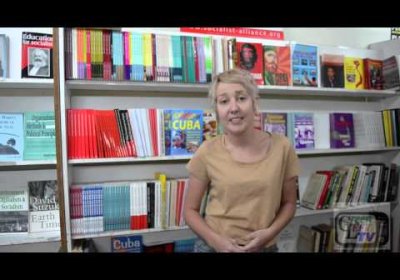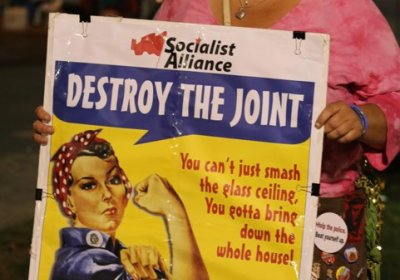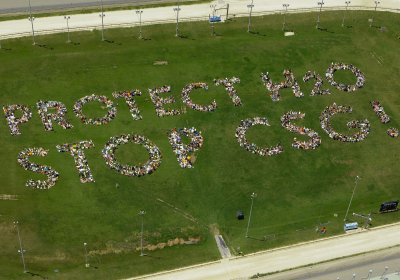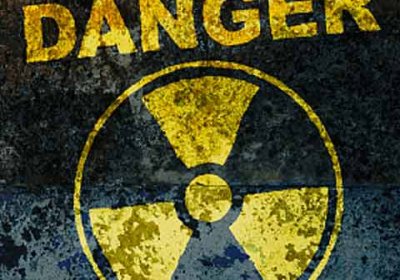In what one longstanding Perth feminist activist described as the biggest Reclaim the Night march in Perth in 20 years, over 300 people — women, children and men — rallied and marched in Fremantle on October 26, for an end to violence against women.
943
What is feminism and why do we need it? Filmed in Brisbane, Sydney, Hobart and Perth.
More than 3000 people formed a human sign at Bulli Showground on October 21 to spell out: “Protect H2O, Stop CSG!”'. It was the third major action organised by Stop CSG Illawarra, after its mass human sign at Austinmer Beach last May, and Bridge Walk to stop coal seam gas across Sea Cliff Bridge last October.
The ongoing siege of Gaza by the Israeli government looked set for a worrying escalation following a visit to Gaza by the emir of Qatar. Just three days earlier, Israel's navy had boarded a Gaza aid ship and used tasers on activists. Sheikh Hamad bin Khalifa al-Thani entered Gaza via Egypt's Rafah border crossing on October 23. Israeli leaders condemned al-Thani's visit, the first by a foreign head of state since 1999. Al-Thani promised $400 million in aid projects to Gaza, undermining Israel's economic blockade.
- Previous page
- Page 3
- Next page
